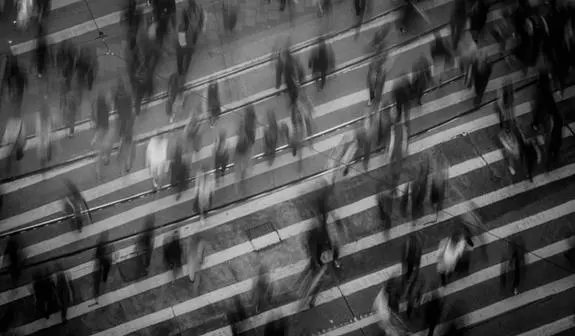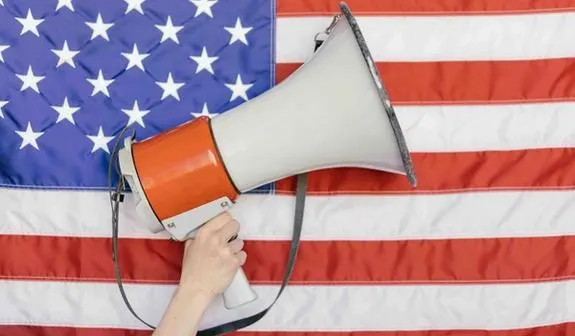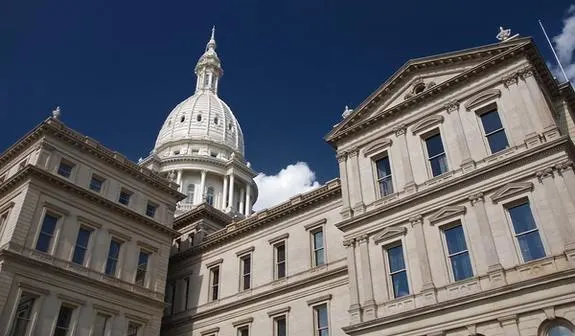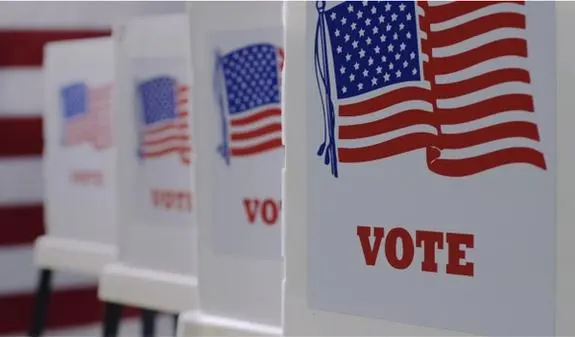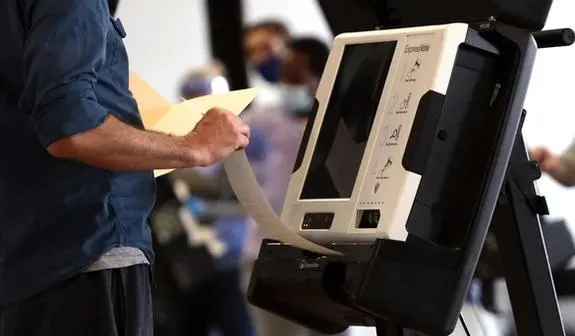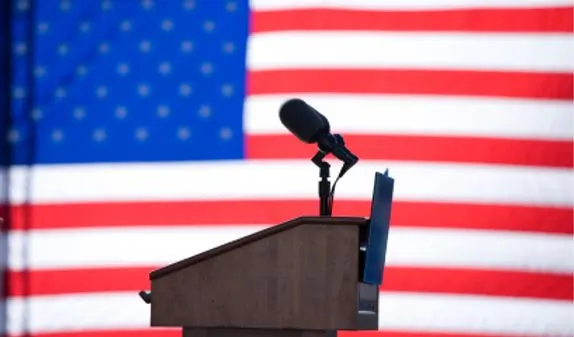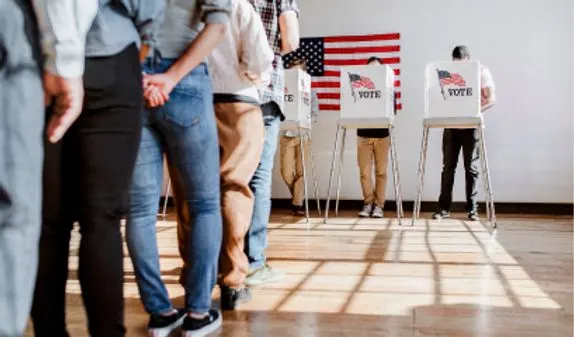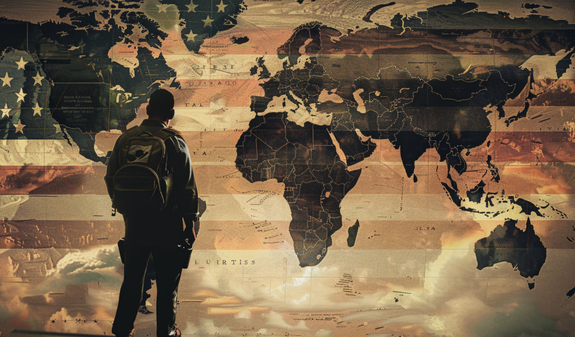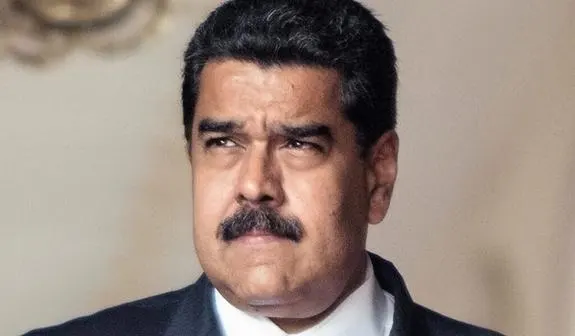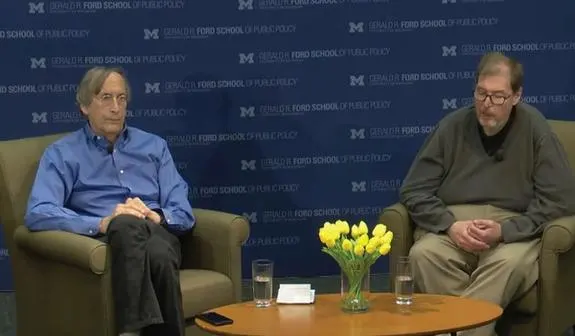Michigan Expertise
We offer rotating spotlights on the scholarship of University of Michigan faculty, research teams, and centers at the forefront of exploring and addressing the key issues for democracy today.
Election Integrity in the Global South
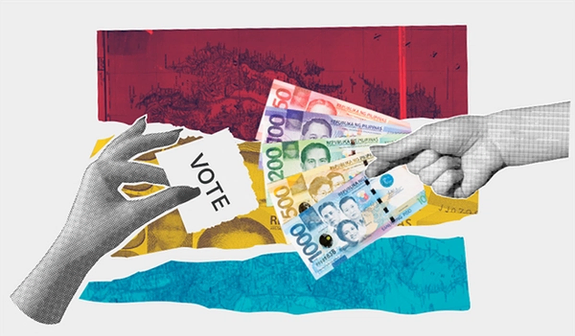
Article
Buying a Ballot: Vote Brokers in Southeast Asia
Associate Professor Allen Hicken explores how votes are bought in contemporary democracies.
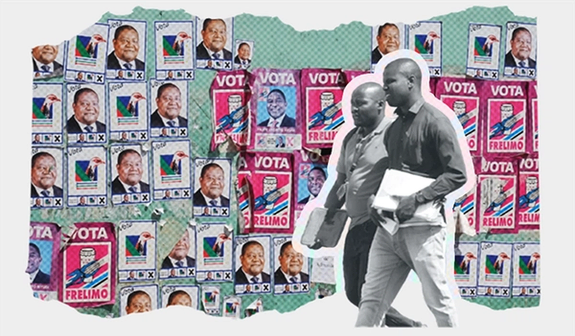
Article
How Can Polarization Erode Democracy?
Professor Ann Pitcher answers with a case study of the 2019 Mozambique elections.
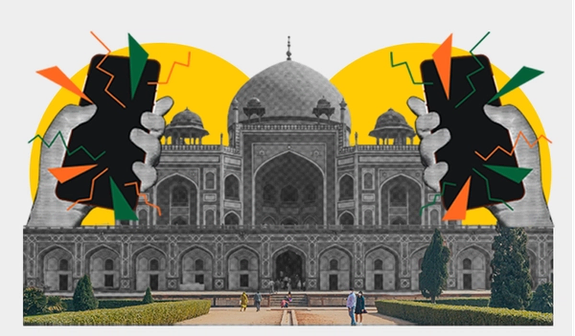
Article
Social Media & Election Integrity
How do our information ecosystems threaten democracy and election integrity?
POLARIZATION
Election Security
U.S. Public Opinion
Democracy Around the World
Some publications may require registration or a paid subscription for full access.
